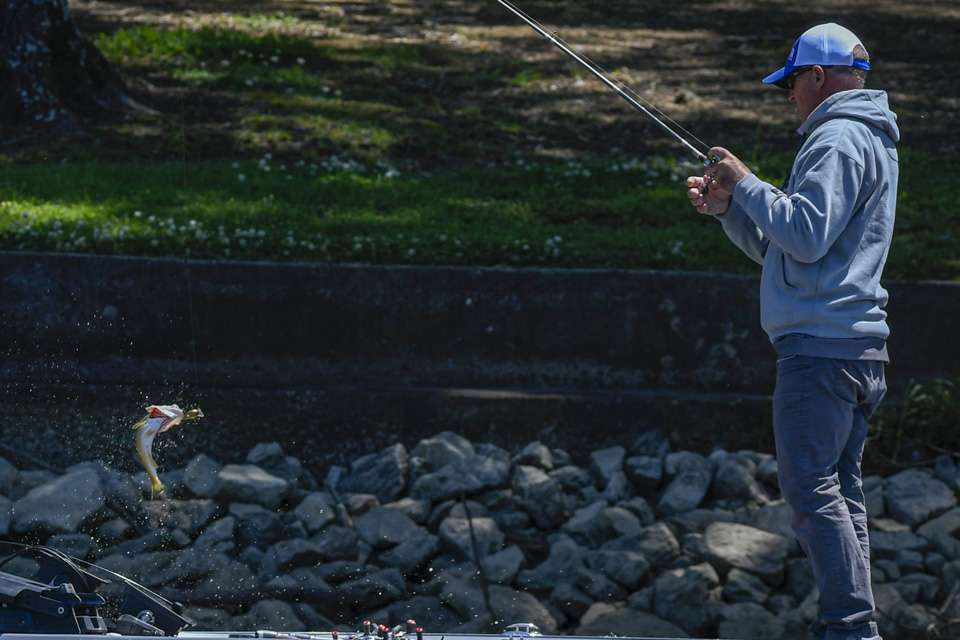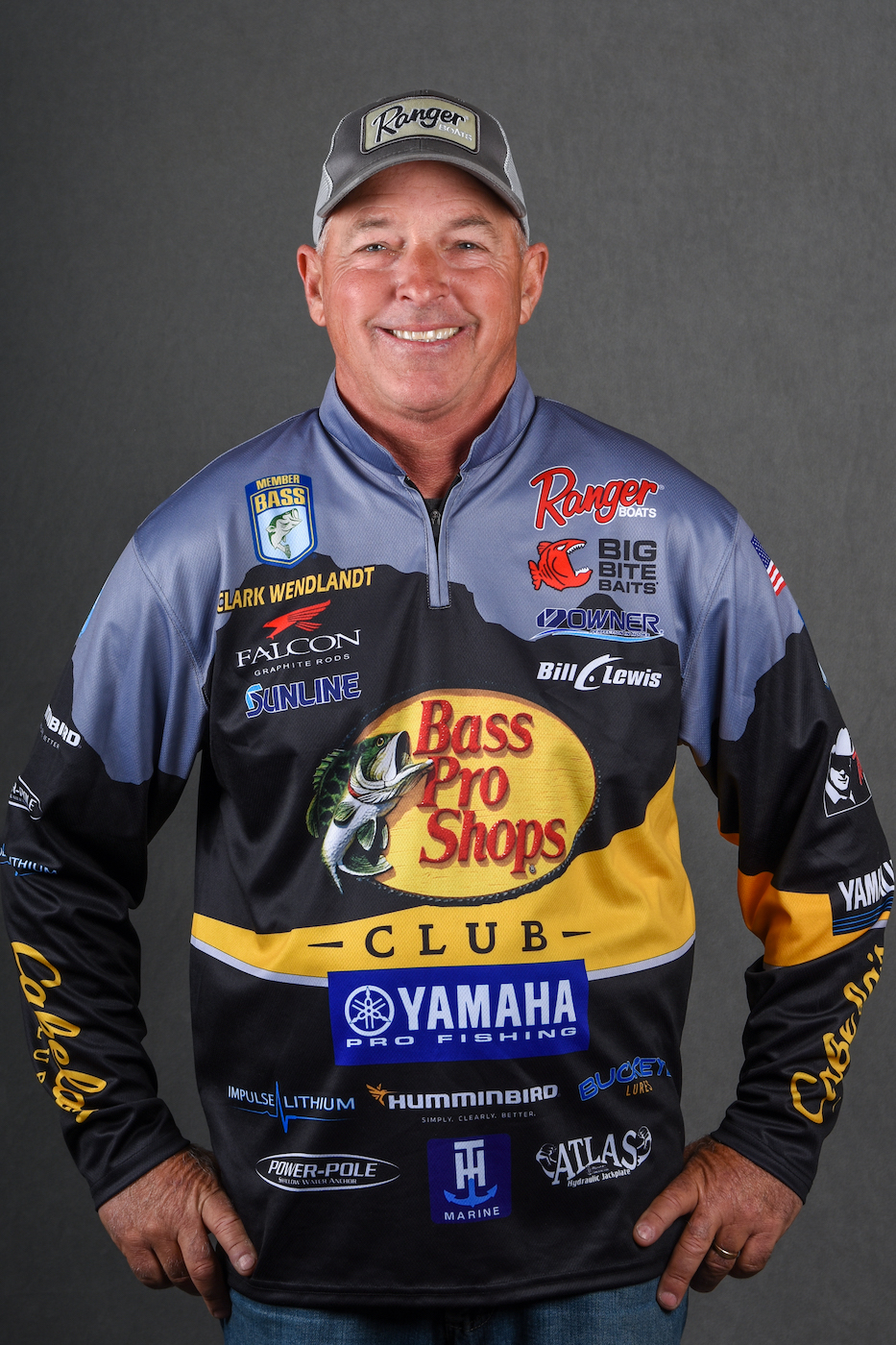
It doesn’t matter whether you’re fishing a two-day or four-day tournament, the second day of the event can be frustrating.
Of course, there are exceptions, but oftentimes the second day doesn’t go as planned when you’ve had a good first day.
I’ve been tournament fishing for nearly 30 years and it’s something I still struggle with today. I suspect other pro anglers would tell you the same.
At the recent Neely Henry tournament, I had a great first day, and it seemed so easy. I caught keepers everywhere I went, and I knew exactly how the fish were positioned. I was in third place heading into Day 2.
I was convinced I was dialed in but soon found out differently.
The water started coming up and positioned the fish differently, but I still managed a small limit by 10 a.m.
That’s when I began to flounder. I was convinced it was just a matter of time before the better quality bass would start hitting my moving baits even though the water was changing and there wasn’t much wind.
I wouldn’t let go of the first day pattern and couldn’t make myself adjust because my previous day’s success still lingered in my head. I just knew the bigger fish would turn on eventually.
I weighed in 9-13 and fell to 12th place. I recovered a little on Day 3 and finished 13th, which isn’t bad but could have been better had I made the proper adjustment on Day 2.
This is something all anglers fight, whether it’s in a four-day tournament like the Elites or a two-day local event. Having history — especially recent history — can be a big detriment a tournament angler must learn to manage.
We’re well aware the fish are going to change from day to day, but we get locked into thinking they are going to bite a certain way and in specific locations.
There’s nothing wrong with going into the day with a starting location and specific baits in mind, but we have to avoid boxing in ourselves. We need to be free thinkers, the same way we were free thinkers when the tournament practice began.
Although it may be a cliché, we have to let the fish tell us what’s going on and be observant of the subtle changes in the conditions.
That same thought process applies when you’ve had a good practice and head out on the first day of a tournament. A good practice simply gives you clues as to where the fish are holding and what they may be biting, but you still must be aware of potential changes and adjust accordingly.
Rarely does a good practice lead to instant tournament success, nor does a good first tournament day mean you’ve got it all figured out.
Avoid being completely blinded by the previous day’s success, approach each day with an open mind like you did in practice and you’re likely to have better results.

